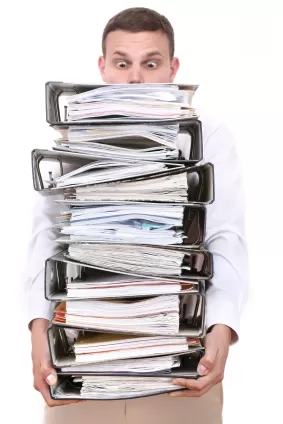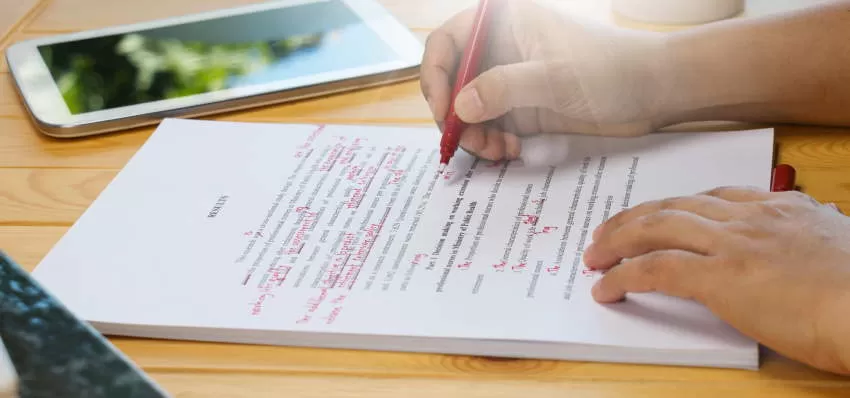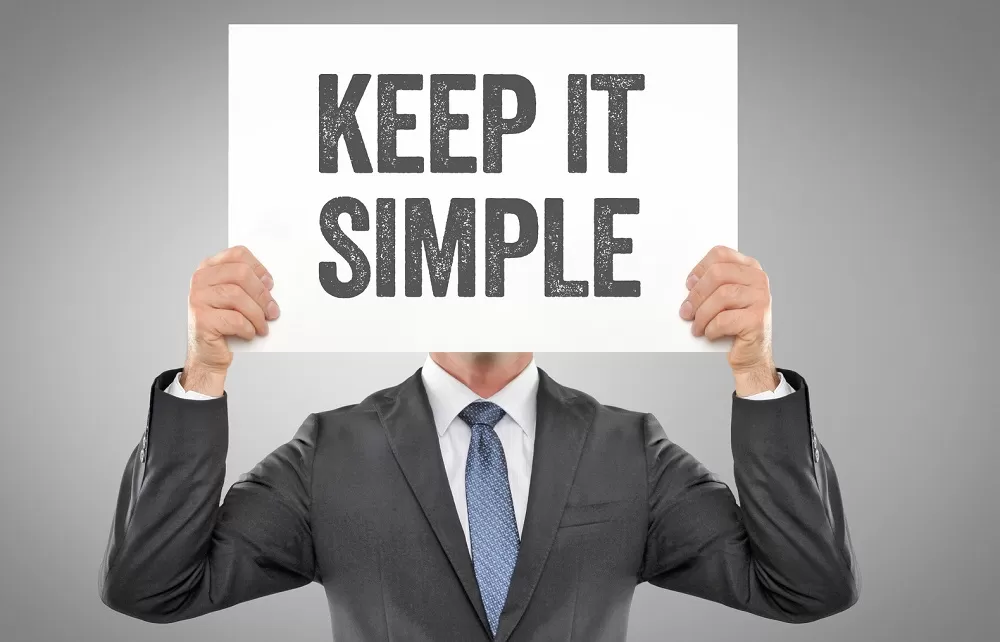Featured Content
Top content from across the community, hand-picked by us.
Featured Content for capture management
-
Why the job of capture manager is impossible and how your fate is determined by what you do about it
Capture management requires organizational development and not just a lucky hire. Sure it's possible to hire someone who can herd the cats and win a pursuit. Maybe win some more. There are some great capture managers out there. But there's a reason that turnover for capture managers is so high. And why on average most companies' win rates are so low. Winning consistently requires organizational development and not just relying on luck. When the luck runs out, most companies blame their capt- 0 comments
- 5,094 views
-
The difference between marketing, business development, sales, and capture has nothing to do with titles. The difference is purely functional and it matters. People misuse the labels all the time because there is a lot of overlap and they prefer one title over the other. But you need some of each, even if you are short staffed and the titles people have don’t match. The goal of marketing is to attract customers so that you can sell to them. There are many approaches to attracting custo
- 0 comments
- 6,850 views
-
A Capture Manager is a dedicated person assigned to winning a business pursuit, and provides the leadership, coordination, resource allocation, strategy, and management needed to prepare the winning bid. A Business Development Manager is responsible for opening new territories and markets and generating a whole portfolio of leads. They feed the open end of the pipeline with leads and qualify them. Capture Managers are most often used for large complex pursuits with long sales cycles, w
- 0 comments
- 15,192 views
Featured Content for proposal management
-
A lot of improvisation usually goes into proposal efforts. Proposal management is often an assignment to figure out how to do something while doing it. This can result in conflicts in expectations. Conflicts like these are best resolved before they manifest. Plus it’s good not to set yourself up for failure by going in with the wrong expectations. The list below is written from the proposal manager’s point of view. And it applies to consultants as well as employees. But you can also use it
- 0 comments
- 13,282 views
-
If you think doing too many proposals with too few people is about working faster or trying harder, you're deceiving yourself. Doing too many proposals with too few people is about what you’re going to give up. You can be forced into giving things up when you run out of time, you can do things halfway and get by, or you can plan exactly what you intend to give up and do it on purpose. Be clear about your priorities. Every decision should be based on an assessment of how it will impact yo
- 0 comments
- 9,155 views
Featured Content for Successful process implementation
-
Having a proposal process is easy. Successfully implementing a proposal process is hard. And everyone else is to blame. Okay, maybe you are part of the problem too. I call it the Other People Problem. To create a proposal bigger than yourself, you have to be able to work through other people. And other people are problematic in so many different ways. For something to be a proposal process, it must be something that other people can implement. If a specific person is required for it to
- 0 comments
- 6,999 views
-
You can't follow the steps to create a great proposal, because the steps are different every time. They aren't even steps. At best we talk about phases. But even those change, overlap, or get redefined every time. That's why most companies really just have a way of doing their proposals that isn't legitimately a process. If a process requires a certain person to run it, it's not really a process. See also: Great proposals Writing a winning proposal is really based on a flow of information, from
- 0 comments
- 4,573 views
Featured Content for Assignments
-
Most proposal assignments are a plea for the writers to figure out how to win the proposal on their own. Is that realistic? Is that even possible? It probably depends on how much customer insight the writers have. But instead of hoping for someone to save the day at the tail end of the process, a proposal process designed to win should gather that information and give it to them up front. Instead of assignments or steps in your process, think about setting expectations. What do stakeholders
- 0 comments
- 4,830 views
Featured Content for Technical Approach
-
Subject matter experts or project managers often write the technical approach in response to the statement of work in a proposal. The Technical Approach volume addresses what you propose to do or deliver to the customer. Writing the technical approach often requires significant technical subject matter expertise. What the subject matter experts may lack in writing and fine art skills, they often make up for with enthusiasm for their subject. When they bring that enthusiasm to the proposal,
- 0 comments
- 73,254 views
-
The reason that very few writers can do both technical writing and proposal writing well is that they have different goals, methods, expectations, and processes. All writing is not the same. Having experience with one set of goals, methods, expectations, and processes does not guarantee success at the other. In fact, it may increase the odds of failure. Technical writers value clarity and accuracy. People must be able to not only understand their instructions, but follow them. Technical wr
- 0 comments
- 19,312 views
Featured Content for Small Business
-
Instead of being well-oiled intimidating machines, most large companies are a collection of political territories that often don’t know what resources are available to them and don’t cooperate very well anyway. They don’t have an abundance of staff because all those bodies are all already committed and their proposals are just as understaffed as the ones at small companies. And even though they have billions in revenue, they can only spend what’s in their budget on the proposal. But they do have
- 0 comments
- 6,306 views
Featured Content for ROI
-
While proposal management obsesses over process, advanced proposal management focuses on maximizing ROI and realizes that requires more than process alone. We love to obsess over the proposal process. We talk about it as if it is how proposals are done. However, once a proposal manager gains a few years’ experience, every one I’ve ever spoken to realizes that success requires a lot more than just steps. A lot of proposal issues relate to working through other people, especially across orga
- 0 comments
- 1,463 views
-
What will a 1% change in your win rate return? If you don’t know, you really need to gather the data to calculate it. Because small increases in win rate are often worth considerable effort. In fact, increasing your win rate will often net a better ROI than chasing more leads. Once you’ve done the math and found your motivation, then you have to figure out what to do to improve your win rate and reap the promised ROI. To help you out, here are nine places to consider investing in to increa
- 0 comments
- 6,232 views
Featured Content for Winning
-
Each time you start writing without a plan for what you are going to write, I’m going to start with the points my writers are going to prove. Every time you try to figure out what to offer by writing about it, puts me several drafts ahead of you. Every time you start your proposal without input puts you another draft behind me. Every day one of your people misses a deadline is a day added to my schedule. Each time you start without customer insights puts my score ahead of yo
- 0 comments
- 1,899 views
-
The best way to write a great proposal is to get inside the mind of the evaluator and make it easy for them to reach the desired conclusions. It helps to be able to read the proposal like an evaluator. This can be challenging when you don’t know who the evaluators are. But you can still anticipate what an evaluator has to go through and how they’ll approach looking at your proposal. You might also consider the culture of the customer’s organization and the nature of what they are procuring.
- 0 comments
- 6,011 views
-
A lot of companies do exactly the wrong thing when faced with a must win opportunity. They try to make sure they don’t lose. They give the customer exactly what they ask for in the RFP. They may even make improvements here or there, if they can do it within the boundaries of the instructions. They try to be exactly what the RFP says the customer wants. They never realize that they are setting themselves up to lose. When your goal is to write a good proposal, here is what you get: Me
- 0 comments
- 13,936 views
Featured Content for Dealing with adversity
-
Sometimes people get stuck writing a technical proposal about something in which they are not an expert. Sometimes the subject matter experts aren’t available or don’t exist within your organization. You can do research, but you can’t become an expert in a week or even a month. So how do you write a technical proposal that competes against real experts, proves your credibility, and earns your customer’s trust? If you’re the stuckee, we have good news for you. We have a little trick that may work
- 0 comments
- 12,746 views
-
This is an article about doing proposals The Wrong Way. That is what you have to do when you are required to submit a proposal your company is not prepared for and you don’t have the information you need to win it. With all the problems and weaknesses that you have to overcome, maybe your company shouldn’t be bidding it at all, but that decision isn’t up to you. The best practices are all about preparation and won’t help you in adverse circumstances like these. So you’ve got some challenges
- 0 comments
- 13,781 views
-
Creating a proposal is easy. Working with other people is hard. Combine the two and you’ve got trouble. A big part of the problem is that other people have opinions. They have their own ways of doing things. When you’re trying to do your proposal a certain way or say things in a certain way, it often doesn't work out that way when other people are involved. It would be great if you could just tell them how you want things done and have them do it that way. Unfortunately, other people d
- 0 comments
- 10,619 views
-
It saves so much time to write a short proposal than writing a long one and editing it down. It also involves a lot less risk. However, it does require you to think about what you are going to write before you start. But you should be doing that anyway. Skip the introductions You don’t need a page to introduce your company. You don’t need half a page to introduce each section. Just say what matters — to the customer. Just because something matters to you does not mean it will matter to
- 0 comments
- 2,417 views
Featured Content for Making proposals simple
-
It’s important to be able to define proposal quality if you want to make sure that the proposal you develop reflects it. We define it as a proposal that reflects what it will take to win. We define what it will take to win as part of our process, reaching all the way back before the RFP is released so that the questions we ask and information we gather enable us to say what it will take to win. We use Proposal Content Planning to bring what it will take to win together with the other things
- 0 comments
- 12,038 views
-
Just because you really want to win a proposal, does not mean that you need to go about it in a complicated way. There may be a lot to do and a lot to think about, but that doesn't necessarily mean you need to have a complicated proposal process. Unfortunately, figuring out how to best simplify preparing proposals may not be obvious. In an effort to simplify their proposal efforts, people often do things that hurt their chances of winning. It turns out that the complexity of a proposal eff
- 0 comments
- 13,972 views























